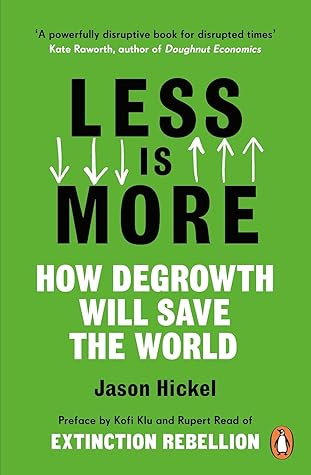In the 1700s, these ideas coalesced into a system of explicit values: idleness is sin; productivity is virtue. In the Calvinist theology that was popular in Western Christianity at the time, profit became the sign of moral success – the proof of salvation. To maximise profit, people were encouraged to organise their lives around productivity.39 Those who fell behind in the productivity race and slipped into poverty were branded with the stigma of sin. Poverty was recast not as the consequence of dispossession, but as the sign of personal moral failing.
Welcome back. Just a moment while we sign you in to your Goodreads account.


